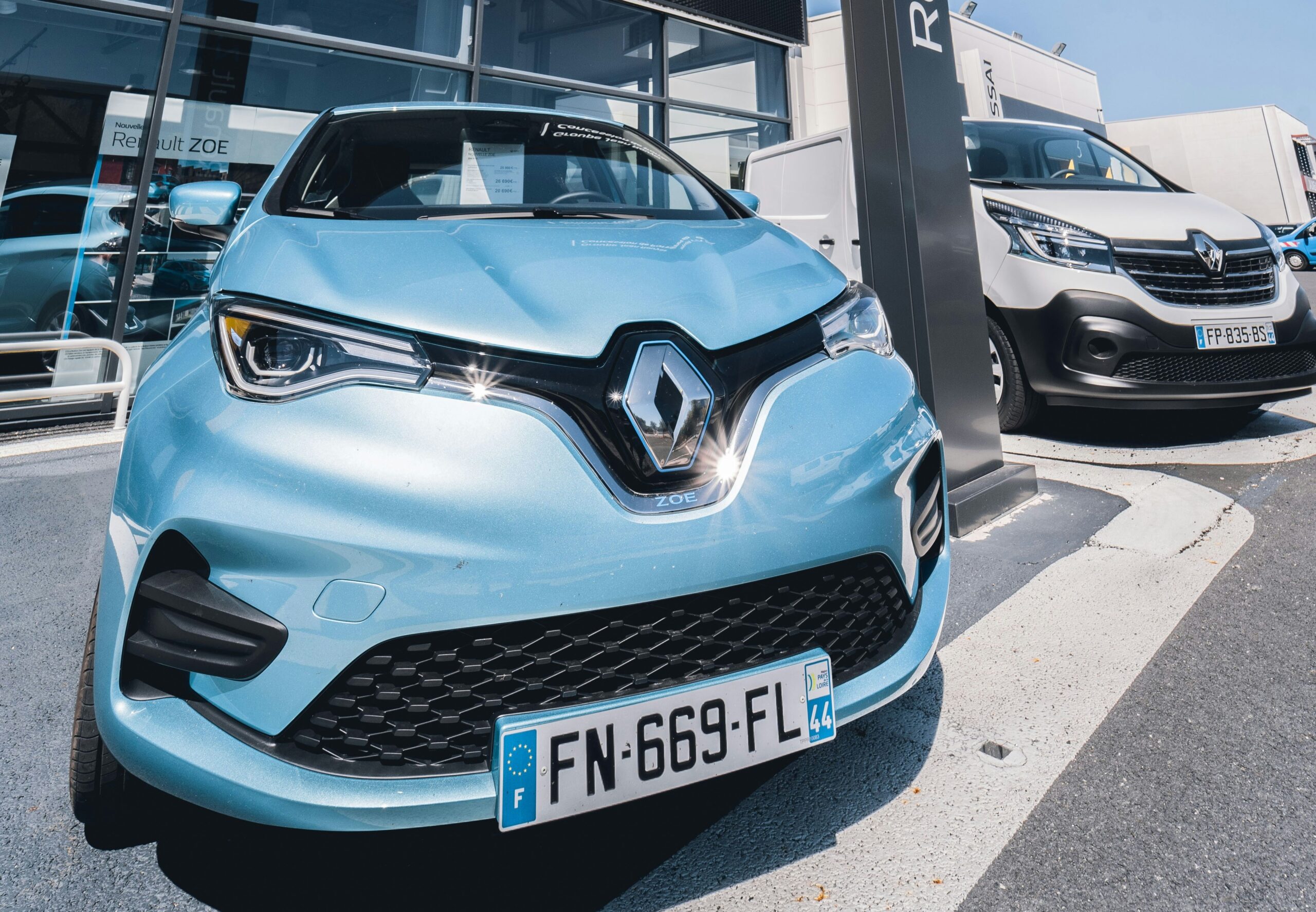The 5 fastest-depreciating electric cars – and 5 that best keep their value
We reveal the fastest-depreciating electric cars on UK road and and reveal 6 ways you can boost resale value if you're looking to sell yours.

The fastest-depreciating electric cars can lose almost two thirds of its value in the first three years alone, shocking new research reveals.
On average, electric vehicles (EVs) lose more than £11,000 in value during their first three years.
According to research from digital lender Carmoola and valuation company Brego, EVs depreciate by 21% (approximately £5,124) during their first year alone.
After three years, this drop in value stands at £11,225.
5 fastest-depreciating electric cars
Unsurprisingly, the level of this depreciation varies considerably across different models.
But which models lose value the quickest?
Dropping 62.73% of its value during the first three years, the Renault ZOE is the fastest-depreciating model in the research.
With the ZOE having a recommended price of between £29,995 and £31,995 at the time of writing, this depreciation could potentially be in the region of £20,000.
Below are the others that made the list.
Fastest depreciating electric cars 2024
| Model | Retained value after 3 years |
| Renault ZOE | 37.27% |
| Audi E-Tron | 41.05% |
| Nissan Leaf | 41.24% |
| Jaguar I-PACE | 43.35% |
| BMW i3 | 45.52% |
Source: Carmoola/Brego
The EVs holding the most value
Carmoola and Brego aren’t the only ones interested in the fastest-depreciating electric cars.
Car-selling site Motorway has also done some digging to identify the EVs that hold the most value after the critical three-year period.
Coming in top of the list, Porsche’s premium Taycan held an impressive 63% of its value.
However, as Motorway points out, there are likely to be far fewer buyers for these luxury brands when it comes time for resale.
With Tesla having a strong reputation for holding value in the EV marketplace, it’s unsurprising that two of its models made the list – the Model 3 and Model X.
Looking to sell your Tesla Model 3? Our guide to getting the best price
In contrast to Porsche, Tesla’s resistance to depreciation is largely due to the brand’s relatively affordable price tag, creating demand in the used car market.
Slowest depreciating cars 2024
| Model | Retained value after 3 years |
| Porsche Taycan | 63% |
| Tesla Model 3 | 60% |
| Polestar 2 | 58% |
| Tesla Model X | 57% |
| Hyundai Ioniq | 52% |
| Volkswagen Golf | 51% |
Source: Motorway
What causes EVs to depreciate?
As EVs can be eligible for various Government grants on new vehicles, there is often less demand for used vehicles, which can cause these models to lose value more quickly than fuel cars.
For example, EVs are currently exempt from road tax in the UK – although you’ll need to start paying this tax from April 2025.
Concerns about long-term battery life and replacement costs also cause these vehicles to drop in value.
The battery is one of the most expensive components of an EV, and over time, its capacity diminishes, which reduces the car’s range.
6 ways to help your EV hold its value
If you own one of the fastest-depreciating electric cars or simply want to boost your motor’s resale value consider taking the following six steps.
Maintain a healthy battery
Experts often recommend keeping a charge of between 30% and 80% because having an extremely low or high charge can cause your battery to degrade more quickly.
Also, try to park in shaded areas, as extreme heat could cause your battery to wear down more quickly.
Avoid rapid charging
Relying too much on rapid charging stations could also reduce your battery’s lifespan.
Try to use home charging or standard charging stations when possible. This approach allows for a more gradual charging process, which helps maintain the battery’s overall health and efficiency over time.
Perform regular software updates
EVs often receive software updates that improve performance, range, or introduce new features.
By keeping your car’s software up to date, you’ll benefit from enhancements such as increased battery management or advanced driver-assistance features.
Use eco mode
Most EVs include an “eco” or “energy-saving” mode.
Eco mode typically optimises climate control, limits acceleration and reduces unnecessary power usage, all of which can improve battery efficiency over longer distances.
Keep a record of your service history
As with fuel cars, having a full service history is extremely attractive to buyers of used EVs.
Important documents include records of scheduled maintenance and information on repairs.
Choose your brand carefully
If you’re concerned about depreciation on your EV, it makes sense to go for a brand that will likely prove popular with other buyers in the future if you decide.
Like any car, the higher the demand for an EV, the greater its resale potential.
As Motorway points out, brands such as Tesla, Mercedes and Vauxhall are proving particularly resilient to depreciation.
